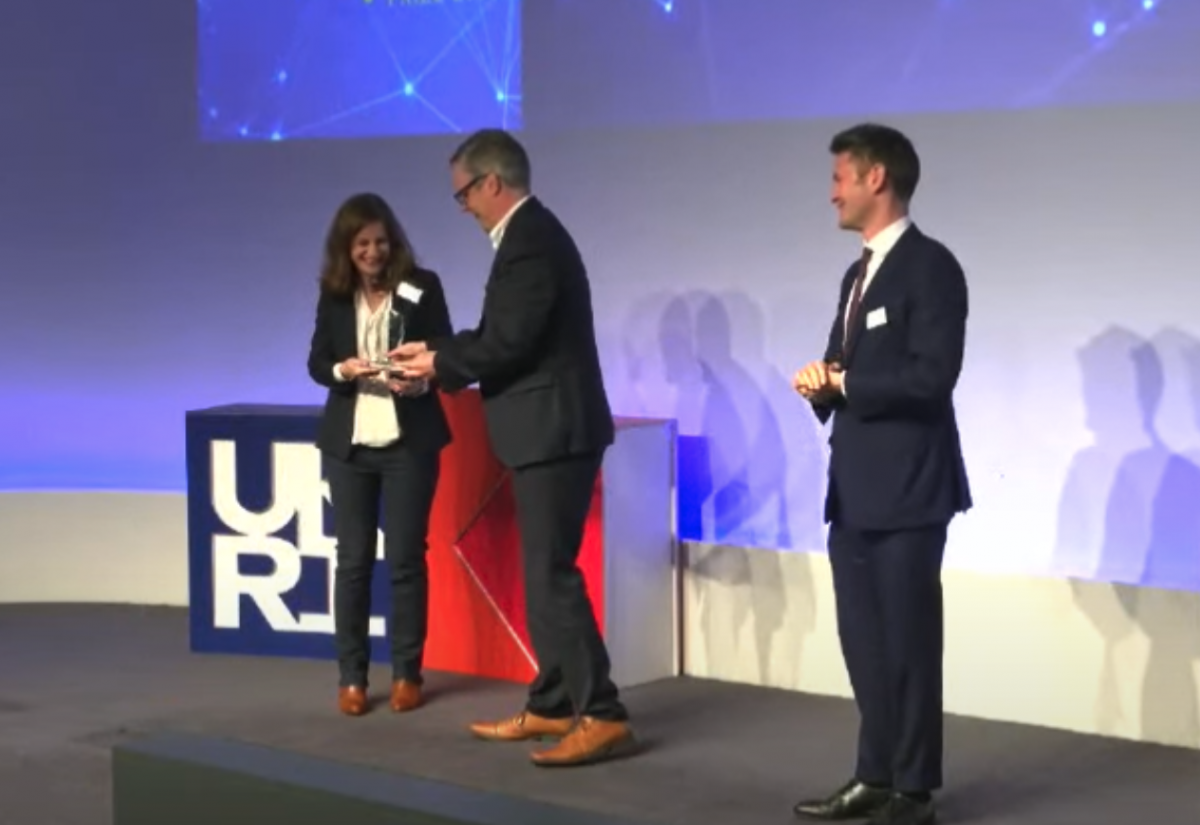Breadcrumb
Dr Kate Orkin is Associate Professor in Economics and Public Policy at the Blavatnik School of Government and a Supernumerary Fellow of Merton College.
Prior to this, she was a Junior Research Fellow at Merton College. Kate completed her undergraduate degree at the University of Cape Town. She did her MPhil and DPhil at Oxford as a Rhodes Scholar, finishing in 2015.
Kate is an applied microeconomist, working in labour, public, development and behavioural economics. She mainly runs large field experiments in Kenya, Ethiopia, Uganda and South Africa, developing and testing real-world interventions in partnership with governments and NGOs. Her research is in four main areas: frictions in urban developing country labour markets that prevent young people from finding work and interventions that can reduce these frictions; the role of mental health in labour market decisions and how treatments for mental health improve labour market outcomes; the design of cash transfer and wage subsidy programmes; and how interventions to boost aspirations alter beliefs about oneself and expectations about the future and, in turn, economic and political behaviour.
With Professor Stefan Dercon and Professor Alan Stein, Kate leads the Mind and Behaviour Research Group in the Centre for the Study of African Economies, hosted by the Blavatnik School. This is a network of economists, psychiatrists and psychologists applying psychology to inform the design of programmes which either reduce poverty or improve governance and service delivery in low- and middle-income countries.
Kate has worked extensively at the interface of research and policy in taking successful evidence-based interventions to scale. She and her team have worked closely with national and local governments and NGOs, including GiveDirectly, the Harambee Youth Employment Accelerator and BRAC, to co-design, test and cost interventions, and then build delivery systems and political will for scale-up. In the past, Kate has done policy advisory work for the South African Presidency, World Bank and International Food Policy Research Institute.
Teaching
Kate co-convenes the Evidence in Public Policy module on the Masters in Public Policy at the Blavatnik School of Government. The module provides students with an understanding of how to evaluate the impacts and implementation of policies, as well as how policymakers gather, generate, and use evidence in practice. In addition, the module introduces students to quantitative methods that are used to generate descriptive and causal evidence.
Kate co-convenes the AIG Public Leaders Programme. The Blavatnik School's Executive Public Leaders Programme curriculum is available in-country to institutions that are training large cohorts of talented, mid-career public servants. She co-leads the in-country programme in Nigeria, in partnership with AIG (the Africa Initiative for Governance and the Aig-Imoukhuede Institute) in September 2021. It affords 50 high-potential men and women working in the Nigerian public service a unique opportunity. Through blended classes hosted online and in Abuja, participants acquire a range of vital leadership skills, conceptual frameworks and practical tools that will empower them to be more effective as they lead their departments and organisation through the challenges of an increasingly complex and dynamic world.
She also designed and led one of two core modules on Evidence in Public Policy on the ‘Economics for Foreign Policy’ course, the Foreign, Commonwealth and Development Office’s flagship economic training course for non-economists. Designed to be delivered online, ‘Economics for Foreign Policy’ (or EFP) provides an opportunity for staff across the FCDO to improve their understanding of economic concepts and how to apply this knowledge to policy issues in their role and/or geography. Economics for Foreign Policy is the first bespoke online course developed by the Blavatnik School of Government as part of our Executive Programmes suite and will be available to FCDO staff for the next three years.
Kate's course on Evidence in Public Policy refines participants’ practical skills in the use of evidence, data and secondary research, and guides them in applying these skills and economic concepts to real-world situations. It is aimed at those who do not have formal economics training.





